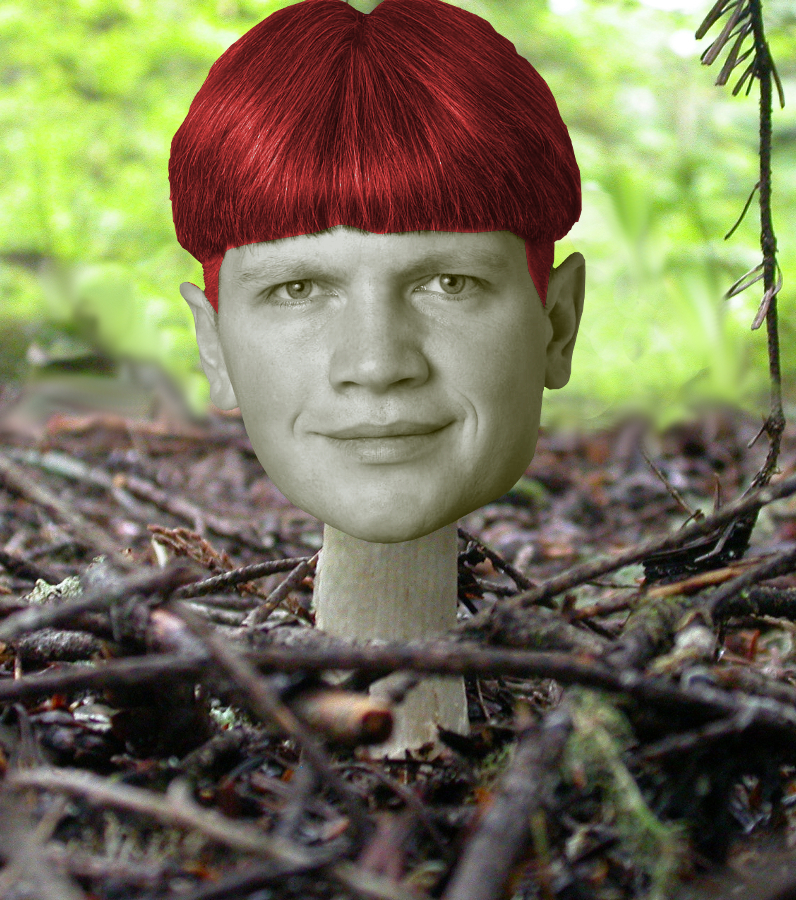Microdose study seeks users
 Researchers are studying magic mushroom ‘microdosing’ as a way to improve mental health and performance.
Researchers are studying magic mushroom ‘microdosing’ as a way to improve mental health and performance.
There is a growing movement around the world that believes a tiny regular dose of psilocybin, commonly known as ‘magic mushrooms’ can boost creativity, clarify thinking and make people more productive.
Researchers at Macquarie University are seeking people who microdose with magic mushrooms to see if reports of performance enhancement and improved mental health will show up in brain scans and biomarkers.
Cognitive psychologist Dr Vince Polito will put psychedelic microdose users through a series of tests while imaging their brains, to uncover the neurobiological, physiological and performance impact of low-dose psychedelic drugs.
The study (which has formal ethics approval) will use magnetoencephalography (MEG) to record brain activity, and look for biomarkers, in one of the world’s first neuroimaging studies to independently assess the impact of low doses of hallucinogenic drugs.
Dr Polito is working with three other Macquarie University scientists – Professor Paul Sowman, Professor Dick Stevenson and Professor Gilles Guillemin, along with Dr Paul Liknaitzky at Monash University.
Participants will be part of a double-blind, placebo-controlled study, using their own supply of psychedelic substances.
The team hopes to recruit around 80 people who currently microdose with psilocybin to take part in two lab-based sessions that will investigate the impact of the drug.
Psilocybin remains a prohibited (Schedule 9) substance in Australia, and despite recent applications to the Therapeutic Goods Administration (TGA) to have psilocybin rescheduled as a controlled medication, it is only available for research under certain very limited conditions.
“Participants will be part of a double-blind, placebo-controlled study, using their own supply of psychedelic substances,” Dr Polito says.
While there is evidence of low-dose psilocybin regimes being used as early as the 1980s, the idea has only gained serious traction in the last decade.
“Online spaces like Reddit and Facebook have huge microdose communities, with probably tens of thousands of people out there experimenting with low-dose psychedelics, but the first scientific papers only came out in 2018,” Dr Polito says.
“We expect to find if there is really something physiological happening, or if it is all just people's expectations and beliefs that are driving their responses.
“People claim a broad range of benefits from microdosing, reporting that it helps with their attention and focus at work, with their social relationships, it helps their mood, their mental health, and with creativity across a whole range of different domains.”








 Print
Print